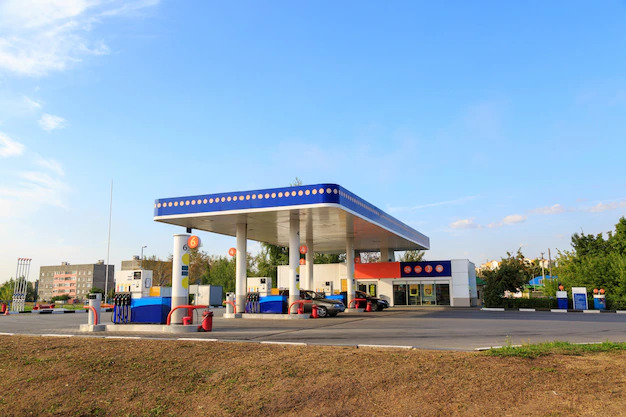Mr. Mahesh Chandak (Head of SSHE – South Asia & Business Partner for Crop Science - Asia Pacific, Bayer):

Sustainability, Safety, Health, Environment (SSHE) Leader with 29+ years of diverse experience. Proven industry and consulting expertise in leading diverse teams across multiple continents and delivering a wide range of projects in 20+ countries. Demonstrated ability to shape global SSHE strategy, partnering with regional teams to provide guidance and lead execution at ground level.
Mr. Thanmai Deekshith (CEO and Founder, SafetyConnect):

With an Executive Degree from University of California, Berkeley, Thanmai is an experienced entrepreneur with a knack for creative problem solving. He has experience in product development and sales, and possesses a keen interest in expanding his knowledge of safety practices. Thanmai is dedicated to saving lives by delivering innovative, out-of-the-box solutions to complex issues in road and workplace safety, striving to continuously elevate safety standards across various industries.
Driving Change in Corporates: How to Roll Out a Robust Road Safety Program
Key Takeaways from the Podcast
- Corporates should ensure employee safety extends beyond the four walls of the office. Road safety is crucial, as it is a significant risk area for employee safety.
- In developing countries, enforcement of road safety is often inconsistent. As such, corporates should take the initiative to improve road safety culture, complementing limited government enforcement.
- Corporates impact various value chain partners (suppliers, contractors, distributors). Therefore, promoting road safety benefits the entire value chain and demonstrates industry leadership.
- Four-Pronged Approach to Road Safety Program
- Safe Vehicles: Ensure company vehicles meet safety standards.
- Safe Driving Skills: Provide differentiated training for new hires and experienced drivers to foster safe driving habits.
- Positive Culture: Foster a strong safety culture with visible leadership commitment.
- Policy and Planning: Have robust and stringent road safety policies in place.
- Objectives of Road Safety Programs
- Awareness: Educate employees about road safety and company requirements.
- Ownership: Encourage employees to practice model safe behavior even when no one is looking.
- Accountability: Every member of a team needs to hold each other accountable and perform their duties.
- Young drivers, especially those aged 16-29, are disproportionately affected by road safety issues.
- Focus on targeted strategies to improve safety for this age group.
- Use short, on-demand, multimedia training sessions.
- Incorporate emotional connections and gamification for better engagement.
- Leveraging Social Media Influencers
- Utilize social media influencers to promote road safety messages effectively to younger audiences.
- Engage with platforms like the Ministry of Road Transport’s social media for broader outreach.
- The C-A-R-E Model to keep employees safe on the road
- Concentrate: Avoid distractions and maintain focus.
- Avoid Distractions: Follow rules and stay attentive.
- Relax: Enjoy the ride while staying safe.
- Engage: Actively apply safety practices.
- Use mindfulness to enhance decision-making and response on the road. Incorporate mindfulness techniques to support safety initiatives and clear thinking.
- Emerging Technologies in Road Safety such as Dashcams, Driverless Cars, Wearable Tech, Smart Road Sensors, etc.
Get in Touch with them:
Thanmai Deekshith
+91 9100067355
Mahesh Chandak
+91 9004481336
You can access their PSCI Conference Presentation here



.png)

